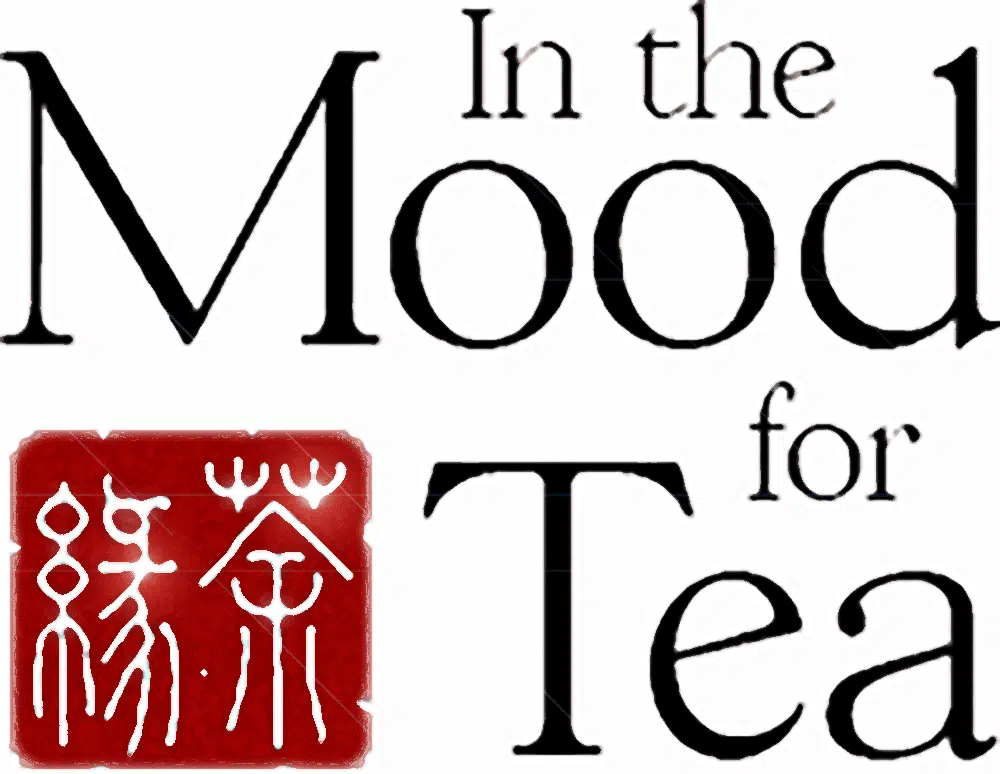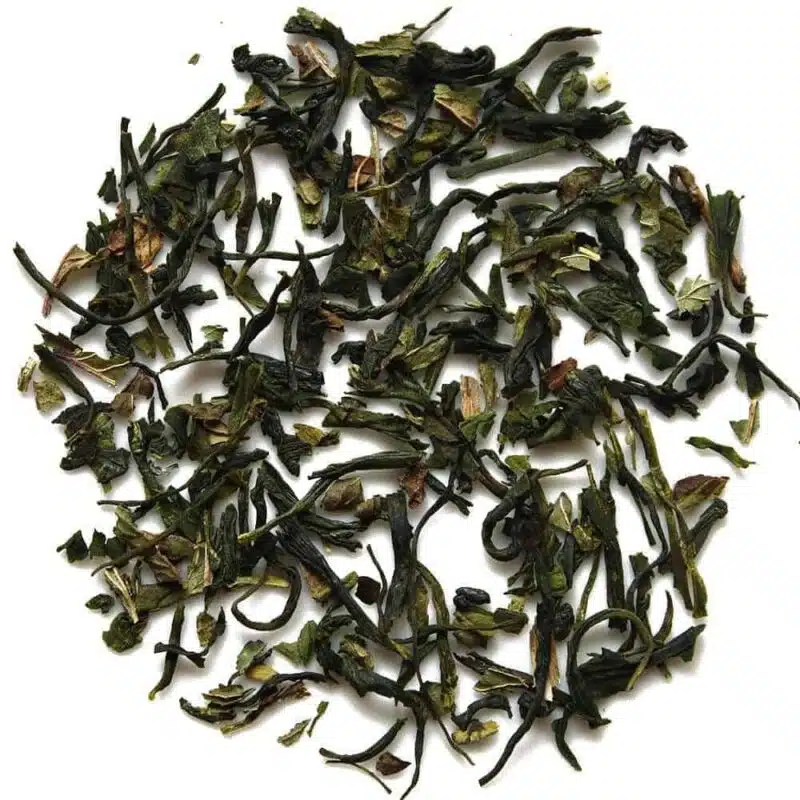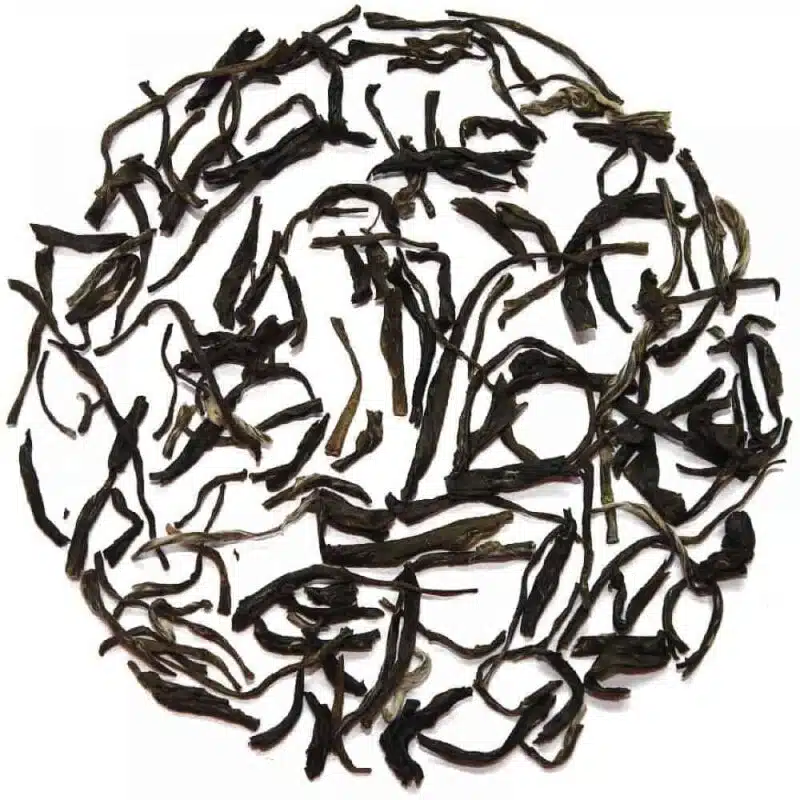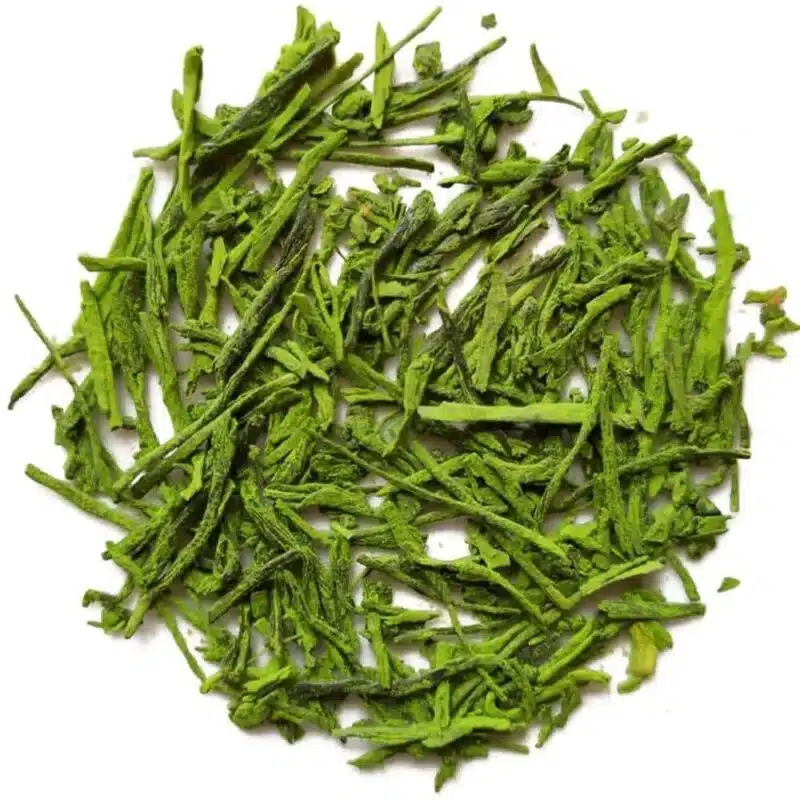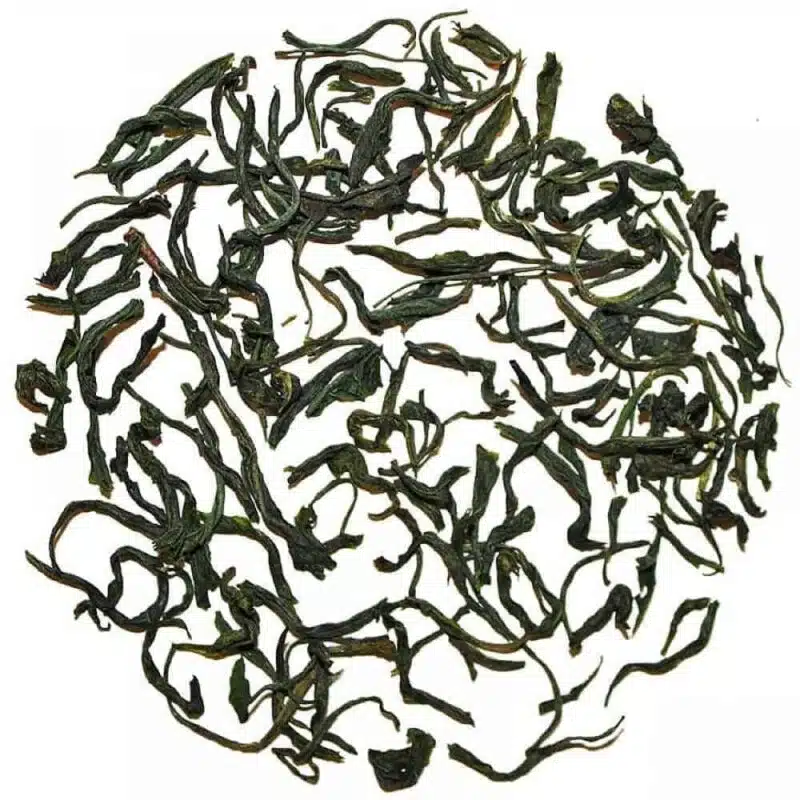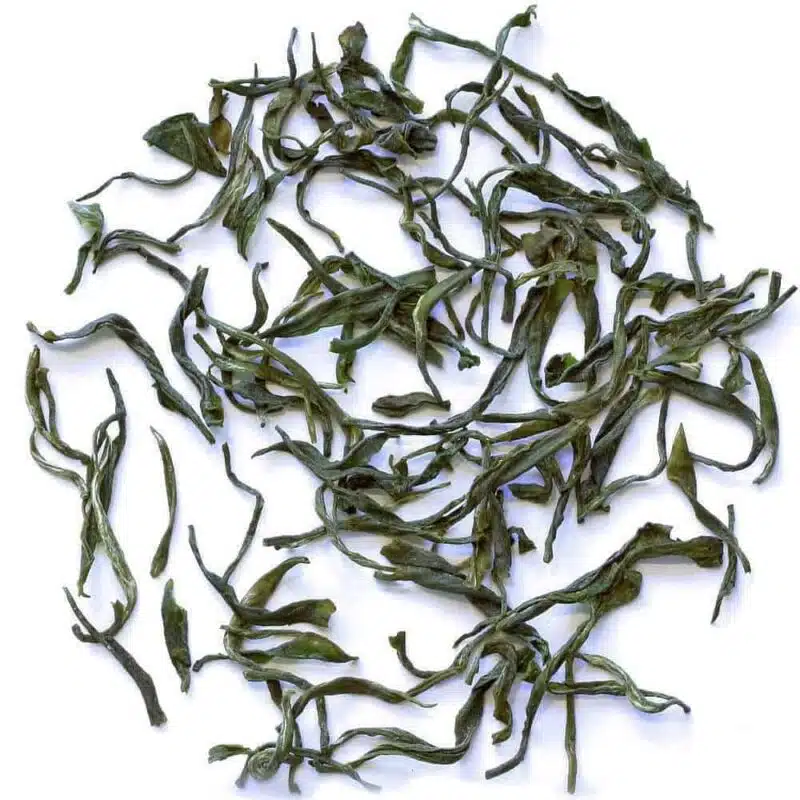
Ujeon 20g
239kr
Slut i lager
We have chosen to source our Ujeon from a small family farm in Hwagae in Hadong, which is the area that produces the most traditional teas in Korea. The farm's teas have won the very prestigious first prize in the area's tea festival and the family has its own stock of semi-wild bushes (locally this type of tea is called yaseang-cha: wild tea). Their teas are hand-picked and made entirely by hand. In Korea, teas are divided into four categories that correspond to the harvest periods: ujeon, sejak, jungjak and daejak (daejak denotes all harvests that occur after the jungjak harvest and therefore includes simpler qualities). These are divided according to the lunar calendar, which is also the basis for China's harvest periods. Ujeon thus denotes the first picking in spring and is harvested before Gogu, which falls on April 20. Gogu is the same as “Guyu” in China – both mean “before the rains” and are an important date for determining the tea harvest. As Korea’s climate is colder than China’s, this first harvest is later in Korea than in China.
Korean tea is relatively unknown in the West, and what is most commonly exported are mass-produced teas of varying quality. These teas are usually steamed, largely because steaming is easy to do on a large scale. Commercially produced Korean teas may be hand-picked, but they are generally never made by hand. In addition, commercially adapted subspecies are used.
At the same time, Korea has teas produced on a small scale by small family farms. These small family farms can be found in Hadong, the area where tea was first cultivated in Korea. The teas are harvested from semi-wild bushes and both picking and production are done by hand, so these artisan teas command very high prices and only a very small proportion is sold outside Korea. As an example, we are the first from Europe to visit this award-winning farm. The tea farm practises sustainable agriculture and uses neither pesticides nor artificial fertilisers.
Origin: Hwagae, Hadong, South Korea. Harvest: Ujeon 2024.
Infusion
70-75°C
2-3 minutes
2,5 -3g
250ml
| Vikt | 20 g |
|---|---|
| quantity | 25g, 50g |
